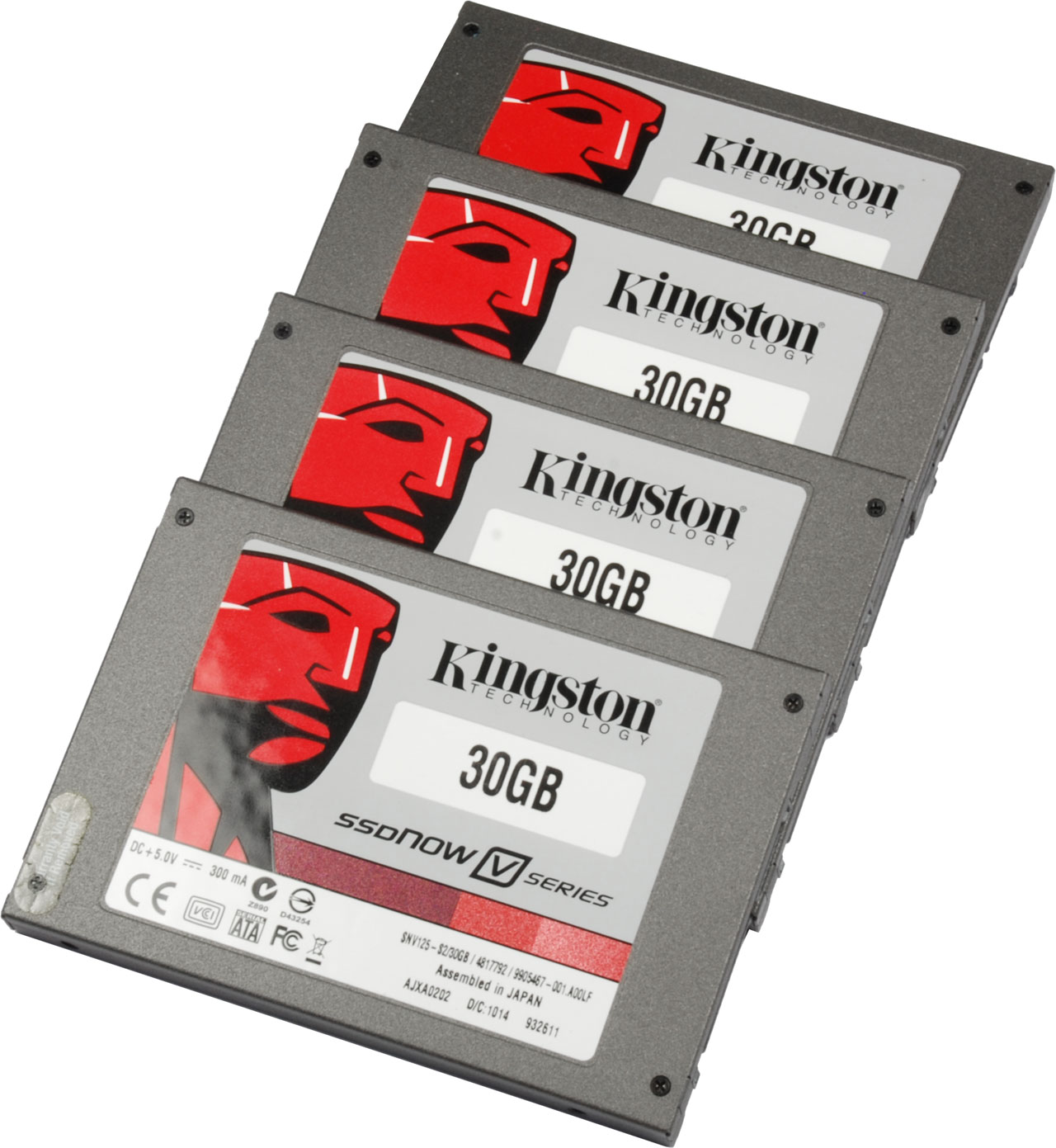SSD RAID: Do You Want A Cheap Array Or One Larger Drive?
You're on a budget. You want to know if it'd be better to stripe a couple of smaller SSDs or simply buy one larger performance-oriented drive. Today we're comparing one, two, and four 30 GB Kingston SSDNow V drives to Zalman’s new 128 GB N-series SSD.
Should You Go For SSD RAID?
We were recently given the opportunity to take a look at a new SSD from the Korean manufacturer Zalman. Solid state drives are new to the firm’s product lineup, which includes cooling products, cases, and storage accessories. The N-series SSD at 64 or 128 GB isn’t a game changer, but it is a strong product thanks to its SandForce controller architecture.
Therefore, we thought that it might be a nice candidate for the ultimate SSD shootout: should users go for two or four small SSDs in RAID, or select a single, higher-capacity drive? We put Zalman’s 128 GB N-series drive up against two and four Kingston SSDNow V drives that store 30 GB each.
SSDs at 120 GB or higher capacities still suffer at the hands of relatively high prices compared to mechanical hard drives, effectively making the really nice products unaffordable for a majority of users. Thus, it's logical that enthusiasts looking for performance would consider utilizing the software-based RAID controllers that can be found on the majority of today's motherboards. What has worked well with hard drives should also do the trick with SSDs, right?
Even basic, entry-level platforms come with Serial ATA storage controllers that support the elementary RAID levels 0 and 1 for striping or mirroring. The latter is useful for high reliability systems, while striping based on RAID 0 effectively multiplies throughput performance by the number of drives used.
Knowing that a Kingston SSDNow V bundle with two 30 GB SSDs costs only $150, it is worth looking into the real world performance of such a setup. To make this worthwhile, even for hardcore enthusiasts, we decided to install up to four of these 30 GB SSDs in RAID 0, as the total cost of $300 puts you into the price range of an individual 120/128 GB SSD based on SandForce hardware.
The benchmark section of this article puts two and four Kingston SSDNow 30 GB drives in RAID 0 (60, 120 GB) up against Zalman’s 128 GB N-series drive.
Get Tom's Hardware's best news and in-depth reviews, straight to your inbox.
Current page: Should You Go For SSD RAID?
Next Page Kingston SSDNow V 30 GB (RAID 0)